w_i_t_h_m_y_f_i_n_g_e_r_s
![]()
![]()
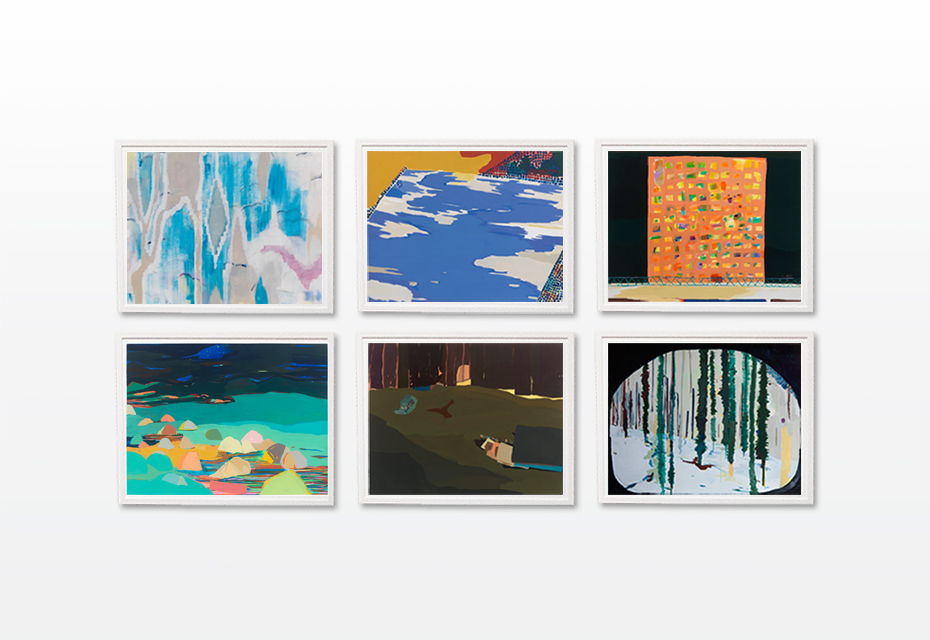


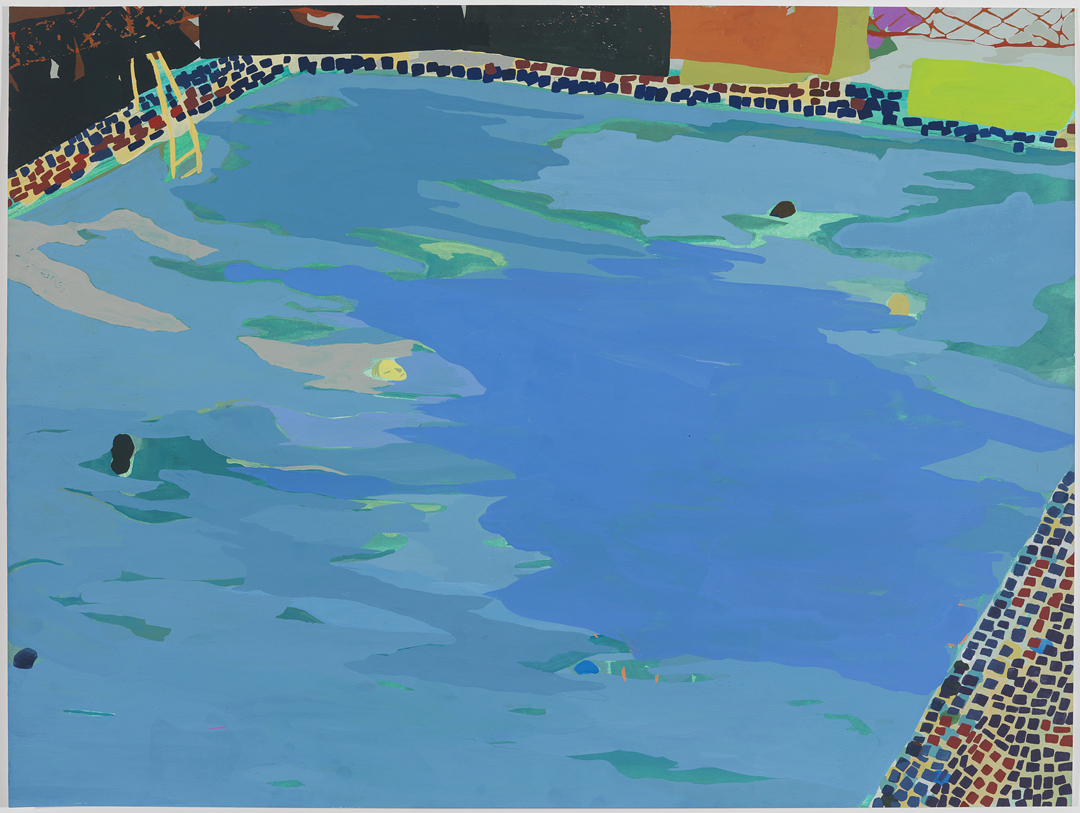
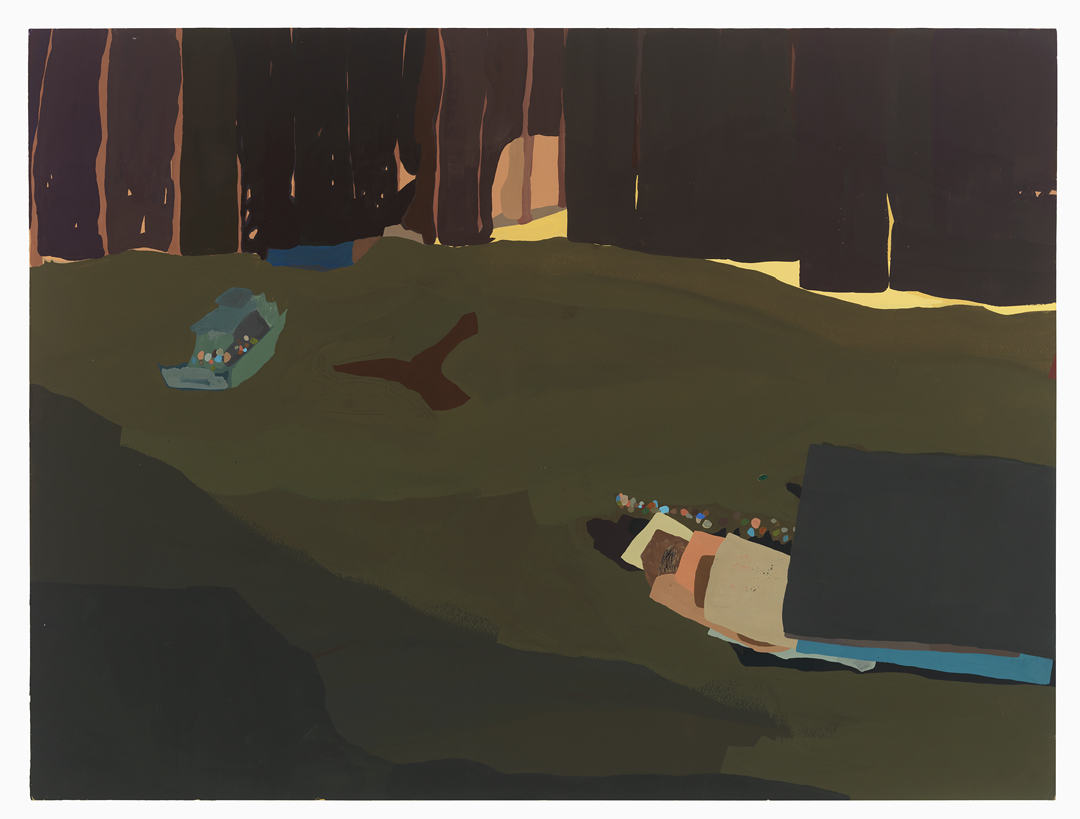
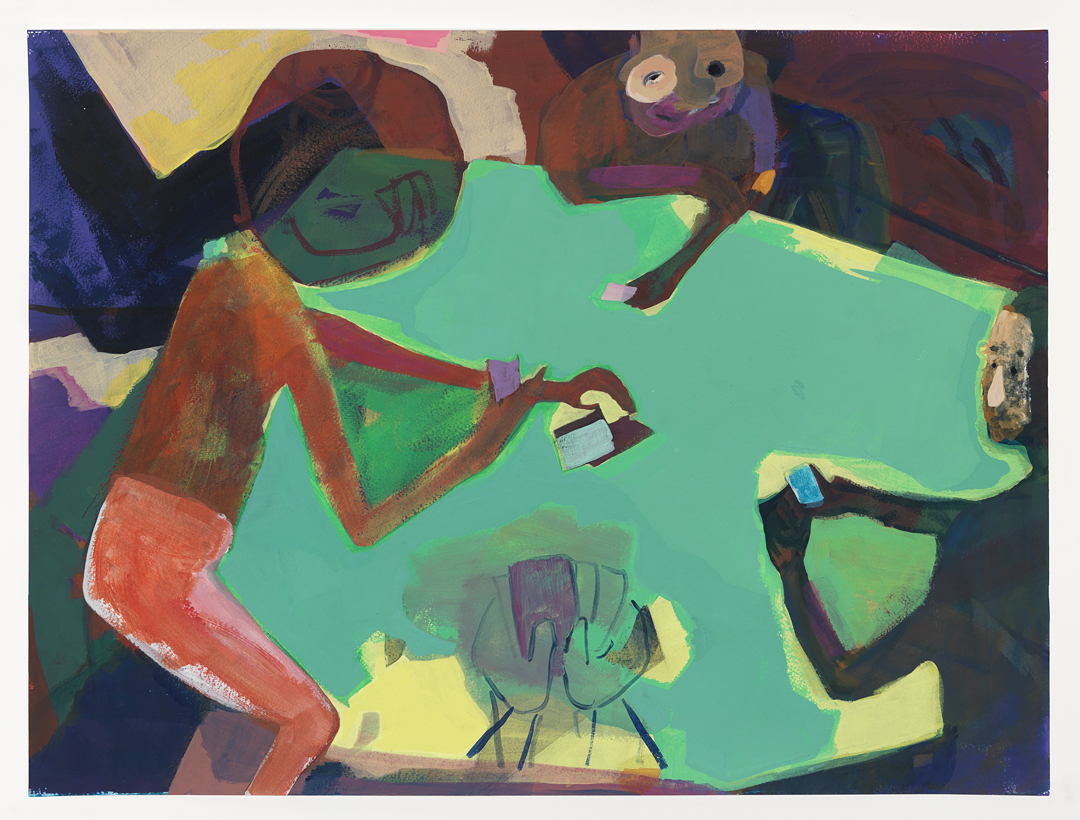


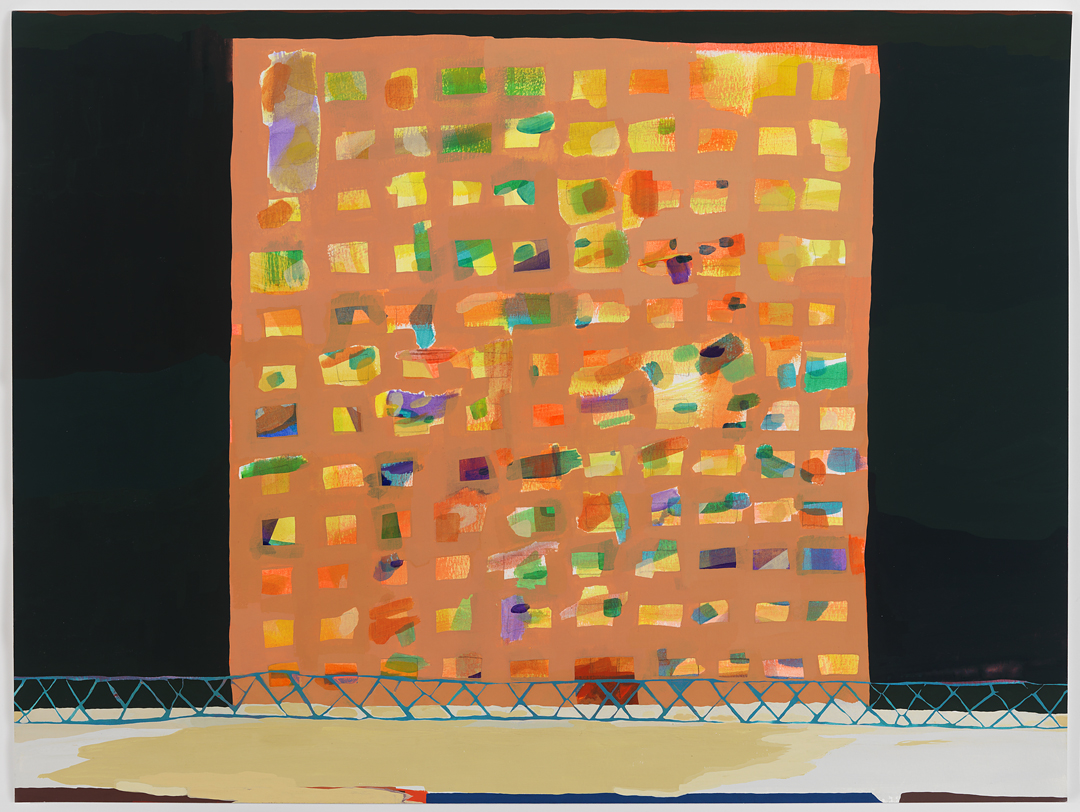

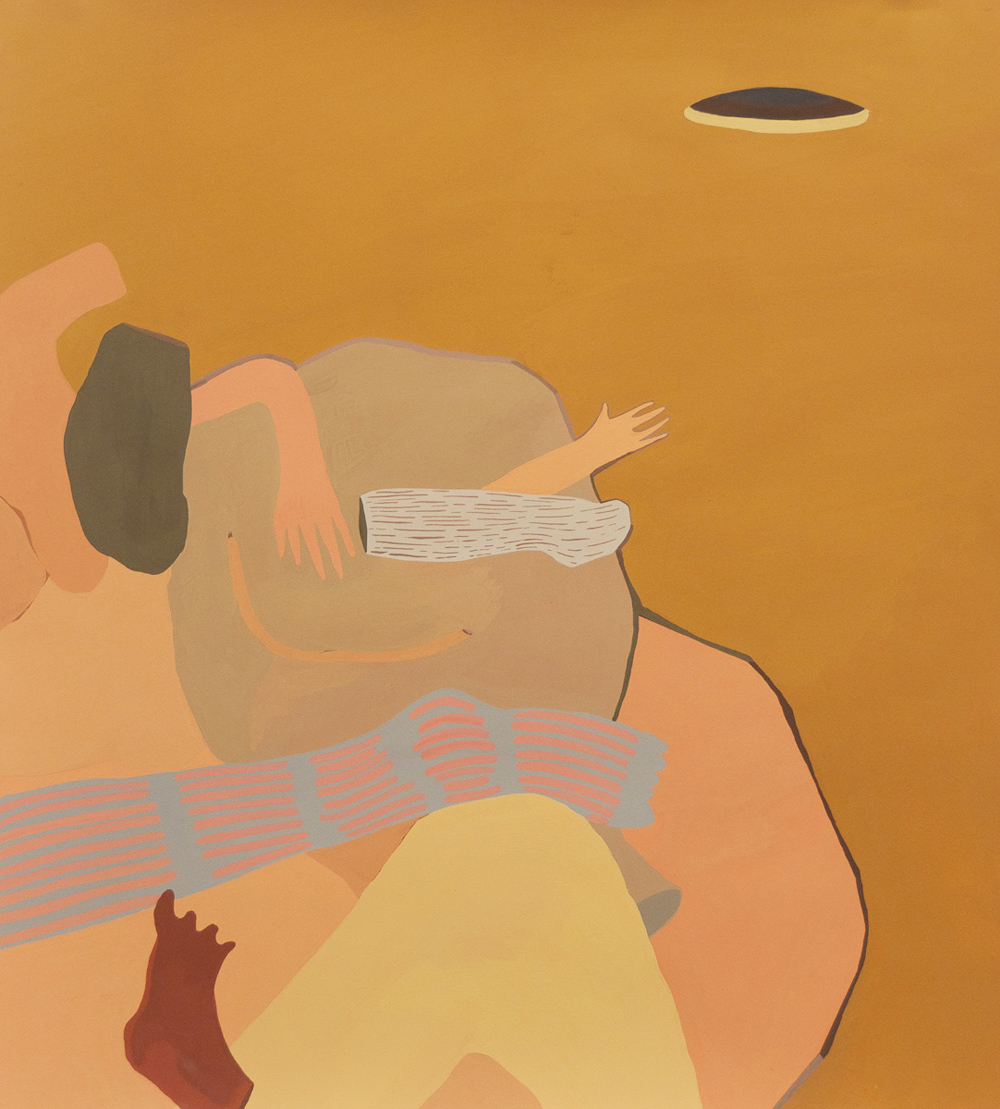

The Japanese-American summer camp my parents’ ran, our family home in
apartment 16C, the death of my friend Jack in the Rio Negro, Cezanne’s quarry
paintings, these narratives reappear in studies of color, shapes and formulations of
space. The past is sticky and hurls itself into a present geometry. They say to stay
attuned to these things.
My father had a droll sense of a humor. The last ten years of his life he was either in hospitals or nursing homes. When he lost the use of his voice and some of his muscular ability, his
communication was limited to a sheet of paper with the alphabet written on it.
When the doctor asked him how he felt, the family would lean in to watch his index
finger travel at a snail’s pace from the first letter to the next. We would await
revelation on his inner state. I knew it would be a wisecrack, so after the first time I
could often preempt the blow. Otherwise, it would be 5 minutes for
“W_I_T_H_M_Y_F_I_N_G_E_R_S”.
The ghosts of memory, family history, and community are explored through a
process of assembling and disassembling, resulting in compositions that tensely
cohere, yet prone to fragment. The figure at times emerges in parts, for example as a
swim cap or as a hand hidden in a puppet, a point for which the rest falls in-
between, polymorphic and divergent. The works are riddled with the absurd and
poignant conditions determined by histories of geography, migration, sacrifice,
survival, and painting.
apartment 16C, the death of my friend Jack in the Rio Negro, Cezanne’s quarry
paintings, these narratives reappear in studies of color, shapes and formulations of
space. The past is sticky and hurls itself into a present geometry. They say to stay
attuned to these things.
My father had a droll sense of a humor. The last ten years of his life he was either in hospitals or nursing homes. When he lost the use of his voice and some of his muscular ability, his
communication was limited to a sheet of paper with the alphabet written on it.
When the doctor asked him how he felt, the family would lean in to watch his index
finger travel at a snail’s pace from the first letter to the next. We would await
revelation on his inner state. I knew it would be a wisecrack, so after the first time I
could often preempt the blow. Otherwise, it would be 5 minutes for
“W_I_T_H_M_Y_F_I_N_G_E_R_S”.
The ghosts of memory, family history, and community are explored through a
process of assembling and disassembling, resulting in compositions that tensely
cohere, yet prone to fragment. The figure at times emerges in parts, for example as a
swim cap or as a hand hidden in a puppet, a point for which the rest falls in-
between, polymorphic and divergent. The works are riddled with the absurd and
poignant conditions determined by histories of geography, migration, sacrifice,
survival, and painting.